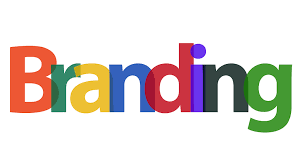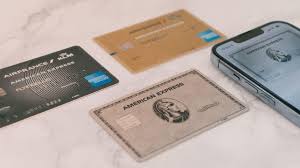

If you’ve ever heard the term “futures trading” and wondered what it meant, you’re not alone. Futures trading is a form of investment that can be intimidating at first glance. However, understanding futures trading can open up a wealth of opportunities for savvy investors. Let’s take a look at what futures trading is and how it works.
What Is Futures Trading?
Futures trading is an agreement between two parties to buy or sell a financial instrument, such as stocks, commodities or currencies, on a predetermined date in the future. The buyer agrees to buy the asset at the predetermined price, and the seller agrees to deliver it to them on the specified date. This agreement is known as a “futures contract” and it is legally binding.
The primary benefit of futures trading lies in its ability to hedge against risk by locking in prices ahead of time. For example, if an investor believes that the price of gold will increase over time, they could enter into a futures contract with another party to buy gold at an agreed-upon price today—even though delivery won’t occur until several months later. By doing so, they would be able to lock in profits even before they actually own the asset (in this case, gold).
Profitable forex EAs (Expert Advisors) enhance trading outcomes by utilizing advanced algorithms. These EAs analyze market conditions to execute trades that maximize profit potential.
In addition to hedging against risk, futures contracts provide investors with access to leverage and liquidity. Leverage refers to the ability of investors to borrow money from their broker in order to invest more than they have available in their accounts—allowing them to increase their potential profits (and losses). Liquidity refers to how quickly and easily assets can be converted into cash; since futures contracts are traded on exchanges, they tend to have higher liquidity than other types of investments such as real estate or private equity funds.
Types Of Futures Contracts
Futures contracts come in many different varieties depending on the type of asset being traded and the country where it is being traded. Common types include commodity futures—such as those for oil or wheat—currency futures for major global currencies like US dollars or Japanese yen, stock index futures based on indices like the S&P 500 or FTSE 100 Indexes, as well as individual stock futures for single stocks like Apple or Microsoft.
Risks Involved With Futures Trading
Although there are advantages associated with futures trading, it does come with risks too—namely market volatility and leverage risk. Market volatility refers to how much prices change over time; if prices move significantly up or down during the duration of your trade then you could potentially lose money if you close out your position at an unfavorable rate compared to what you initially paid for it. Leverage risk occurs when traders use large amounts of borrowed money when making their trades; if their losses exceed their initial deposit then they may end up owing money on top of any losses incurred through their trades themselves (this is known as “margin call”). Therefore it’s important that any prospective trader understands these risks before engaging in futures trading activities.
Conclusion:
In summary, while there are risks associated with investing through futures contracts due to leverage and potential volatility in markets over time, there are also benefits such as hedging against market risk and accessing higher levels of liquidity than would normally be available through traditional investments such as stocks or real estate. As with any investment strategy however—it pays off for investors who understand how these markets work and stay informed about changes in prices due diligence when entering into these agreements by researching both sides thoroughly beforehand!







